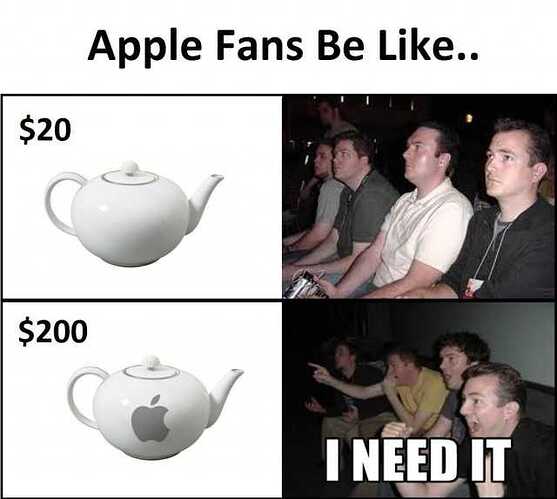To be fair, I’m not certain exactly what regulations dictate.
So I’m not saying it 100% was the case that EU blocked it, just that it could be the case AND be a reasonable requirement (in the context of pro-consumer EU regulations).
I do remember an interview of Maltese EU Politician talking about the discussions with Apple about USB-C, characterizing the possibility of a dual-product with suspicions of EU getting an “inferior” one.
Think similar to what they tried to do (or actually did? Not using Apple so I didn’t follow this issue to the end…) with the “USB-C cables”, where using a non-Apple cable would only get you a fraction of data-speed and/or charging-speed (unrelated to actual cable capability and compliance to the USB-C specification, and more similar in essence to their move of limiting batteries some years back “for the benefit of the users” which led to lawsuits that Apple eventually had to settle!!).
In such cases, the EU could argue that even though Apple ends up obeying EU legislation by offering a compliant version, it does so in a “malicious compliance” kind of way by producing a second product that it’s not ACTUALLY on par with the original.


